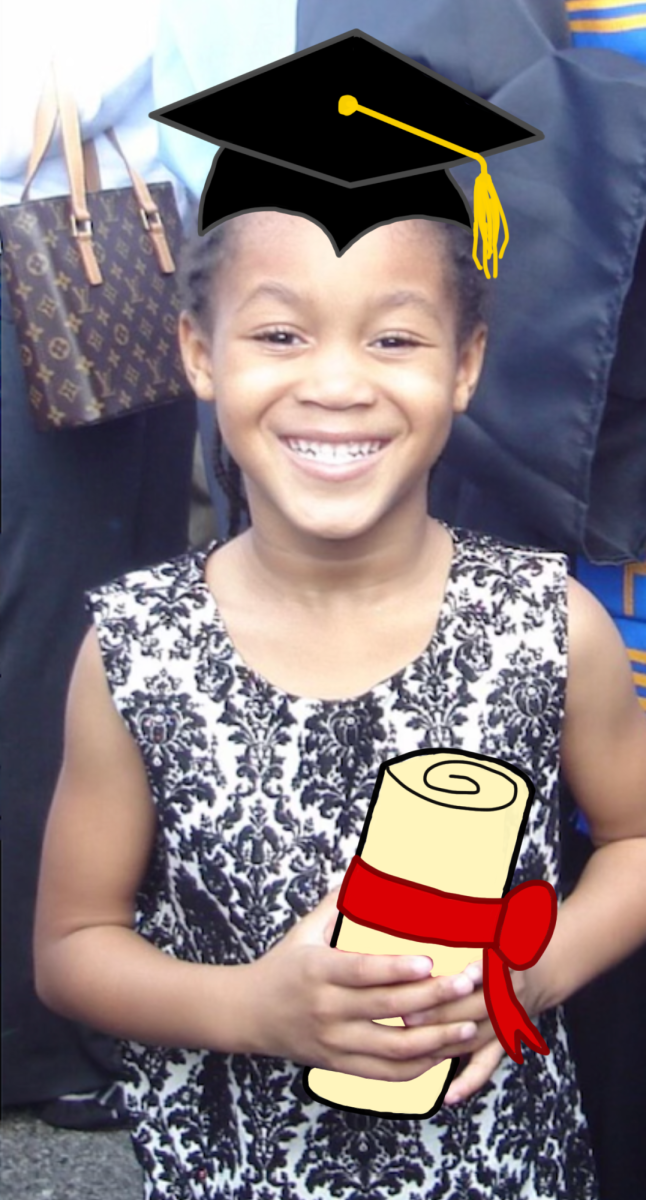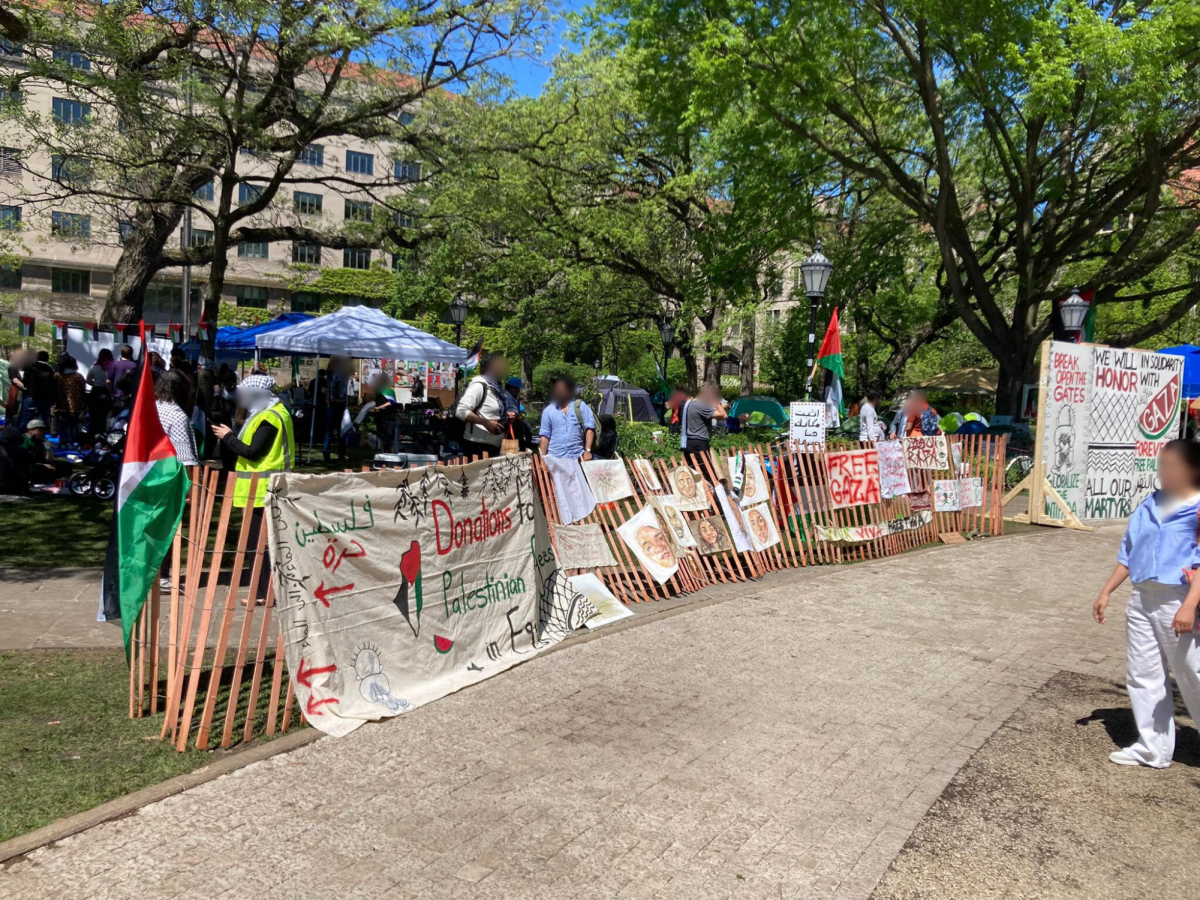Editors note: The University has informed The Maroon that the September payment issues detailed in the following piece were not connected to the University’s budget situation as alleged. A statement from the University can be found here.
Let the layoffs begin.
On February 2, the University of Chicago Medical Center “separated from” 180 workers, as part of an effort “to enhance the quality of care.” Elsewhere, staff who meet certain criteria have been offered incentives to retire “as part of ongoing efforts to address the budget deficit.” The deadline by which they must commit is nigh. Expect another cull if the number of the voluntary retirements is insufficient to enhance the quality of education that the University delivers. (The layoffs in one part of the University should help to clarify to workers elsewhere that accepting the incentives to retirement is better than getting fired.)
I have been among those seeking to draw attention to the financial mismanagement of the University of Chicago; to the failures of leadership that led to and continue to feed the present crisis; and to the broad trajectory of the institution (In addition to excellent reporting in Crain’s (here and here), there have been articles in the Times Higher Education, the Chronicle of Higher Education, and the Chicago Maroon (here and here). A number of people have responded by pointing to the University’s substantial endowment. The University of Chicago is rich, they say. What’s the problem? My sense is that participants in the conversation have often failed to grasp the nature of the crisis, the desperate measures being adopted in response, and the willingness of the current leadership to cast aside core values of the institution.
In recent public town halls on the budget, the University has elected to focus on the figure of $239 million in its structural deficit. For my part, I elected to focus on net cash used in operating activities. In my earlier writing, I reported a negative flow of $355 million in fiscal year (FY) 2022. The University’s consolidated financial statement for FY 2023 is now available and reports an astounding negative cash flow of $487 million. This was possible because the University raised more than $1 billion last year alone through financing activities (including the issuing of $2.6 billion in commercial paper and the use of lines of credit). Of course the University of Chicago is rich. Its endowment is larger than its liabilities. What is happening is not a matter of wealth. The University is experiencing an entirely foreseeable liquidity crisis, and its scale is driving the University’s leadership to act in ways that are unethical, imprudent, and harmful to the future of its academic enterprise.
I was told in the fall that the University had nearly failed to make payroll in September. (This is not the place for a reconstruction of the recent history of the University’s lines of credit and issuing of short-term commercial paper, but it’s been a juggling act.) Since I first conducted a workshop on the University’s finances in November, I have heard from a large number of undergraduates that the University did not pay in September monies it owed to students in three categories: Odyssey scholarships (i.e., endowment-funded, need-based scholarships), GI-bill stipends, and wages to student workers in the dorms. In the case of Odyssey scholarships and GI-bill stipends, we are talking about endowment payout and federal monies of which the University is, in essence, custodian; the funds are not fungible. But it very much appears that after servicing its debt and paying salaries, wages, and benefits, the University had no cash left to pay persons not bound to it by contract, and so it simply failed to do so—it elected not to do so—until its liquidity situation improved.
As regards layoffs, I happened to visit the University of Chicago’s Human Resources office in July 2016, shortly after, nearly its entire staff had been laid off. I took a picture of the office, with doors unlocked, papers strewn on the floor, and desk drawers akimbo. It was, of course, not the case that the University had no further HR needs. In FY 2016, it was still a corporation with $3.24 billion in revenue. On the contrary, as part of a fire sale of assets, the University simply laid off employees whose functions it henceforth fulfilled through external vendors, the point being that under GAAP rules, the wages and benefits of employees count as liabilities against revenue in a fashion that contracts with vendors do not. Naturally there are situations in which corporations are better served by contracting for services with vendors. But the mass layoffs in 2016 just before the close of the fiscal year did not smack of rational planning. Likewise, there is nothing about the present retirement incentive plan that necessarily conduces a rational allocation of expertise, experience, or mere personnel across the institution.
Perhaps most pernicious are the academic injuries we are inflicting to undergraduates, to academic values, and to the role of academic judgment in decision-making. For example, each advisor in the undergraduate College is now responsible for an astonishing 300 students. Is each student known to her advisor, are her interests, strengths and needs richly accounted for, by such a system? The University is now putting in place a system for revenue allocation that distributes funds solely on the basis of aggregate enrollments—in short, butts in seats. I set aside for now the question of what the function of leadership might be, once we allow an algorithm to set our priorities. In the event, the system clearly incentivizes units to deliver instruction as cheaply as possible, via the least expensive form of instructional labor. Already under the prior system and the then building financial pressures, the University had been moving to teach undergraduates with greater numbers of non-research faculty. That trend will henceforth be the rule.
The University has proposed that it will address part of its current structural deficit via further Master’s education, executive education, professional certification, and lifelong education. This might seem an obvious thing to do. Demand for certification beyond tertiary education was already surging a decade ago. For universities confronting the demographic cliff, the attractions of extracting another year of tuition from a meaningful percentage of college students are obvious. Can we do this in a fashion in keeping with the values of the institution? Will we deliver quality to students in these programs? Already strong doubts have been voiced in national media about whether all MA programs provide value in proportion to their tuition (here and here). How are we doing?
In recent years, the University of Chicago has incentivized units to devise and institute MA programs by allowing them to retain locally the income generated by such programs. Apart from any other means of evaluation, the yield rate in admissions to such program often varies wildly from that which the University boasts about in other spheres. We are proud—we advertise—that undergraduate and doctoral admissions are highly selective, admitting below 10 percent of applicants nearly across the board. Any number of the University’s MA programs now have selectivity rates that range from 50 to more than 90 percent. It may be that this is somehow consistent with pedagogical values that the University purports to esteem. Or perhaps we are collaborating with a deplorable trend in higher education, of extracting another year’s tuition from students desperate for a certificate in a world where employment feels precarious. The context being one of a desperate need for cash, I am concerned.
Finally, one would like to think that at a university, the allocation of resources depends on principled judgments about value and that the criteria employed in decision-making are academic. The University’s statutes require that new degree programs and new degree-granting units be approved by the faculty, in the form of a vote of the Council of the Senate. But alas, nothing in the statutes requires that the funding of programs and the meaningful survival of units be based on academic values, and the University is even now determining the future of programs without any hint that academic evaluation is involved. I have no doubt that someone has thought about which programs should thrive and why; the question is rather whether the closed-door and hasty nature of the processes now underway is overdetermined by the financial mess that the University’s current leadership model has created for itself.
The areas where analysis along these lines could be performed are multiple. For now, I concede that the University is wealthy, and it is drawing on the credit markets to invest in select areas of endeavor. It continues to borrow vast sums that it pours into a small number of units: chemistry, climate, molecular engineering, and quantum computing. It is simply too bad that the cost of these areas slated for excellence is also being paid for via policies and practices that are transforming the University for the worse.
Clifford Ando is the David B. and Clara E. Stern Distinguished Service Professor in the Departments of Classics and History and in the College.















J / Mar 4, 2024 at 7:56 pm
“Is each student known to her advisor, are her interests, strengths and needs richly accounted for, by such a system?”
This is obviously a rhetorical question, but I figured I may as well answer: No. I graduated in 2023, and while individual advisors mostly did their best, they were about as helpful to me as my high school guidance counselor; they occasionally would write letters to employers who wanted to confirm my student status, and wrote to me a couple times during my first and fourth years to confirm that I was meeting my major and Core requirements, but that’s about it.
There was hardly any time for me to even get to know them, let alone for them to help me with my academic or career goals, and I quickly learned not to bother with their office unless I had to. And while I was mostly able to lean on professors and other students for advice when I needed it–as do most UChicago students, in my experience–there were several particular decision points in my academic career when they were unable to help, and where an experienced academic advisor would have been able to provide clarity.
Also, my advisor changed twice during my time at UChicago without warning or notification. There was even a short time when I didn’t even have an academic advisor.
Clifford Ando / Feb 26, 2024 at 9:10 am
Regarding the University’s response to my article, I thought it might be useful to provide more information. I explain in the article that I rely on the University’s 2022-2023 financial statement. On page 6 of that document, under “Cash flows from financing activities,” see “Proceeds from issuance of commercial paper and lines of credit”: $2,639,412, in thousands.
Jacob Myrene / Feb 22, 2024 at 4:11 pm
“Let the layoffs begin.”
*Cringes and spasms on the floor.*
Enough. This is so immature. Clearly, you have a grind to axe with Boyer. This vendetta of yours is unhealthy and has monopolized The Maroon’s Viewpoints content. Find the courage to confront him in person rather than flooding The Maroon with your rage.
How you have the time to write these relentless diatribes is beyond me. My professors incessantly complain about being overworked. It’s no wonder the humanities departments are being defunded. What exactly do you do all day, salivate at the prospect of tarnishing this institution’s value more than you already have?
And, with all due respect, your writing isn’t very good. Ever heard of “sentence variety”? Parsing your vitriol is a chore.
Do grow up. This is a pathetic display.
I again call on The Maroon to bar Ando from publishing content for at least the next six months.
Jacob Myrene / Feb 22, 2024 at 9:51 pm
axe to grind* 🙂
Janis Froehlig / Feb 22, 2024 at 2:32 pm
Being an Odyssey mom, I feel a kinship with, and socially network with (very grateful) others like me. I heard no word of any scholarship funds being withheld.